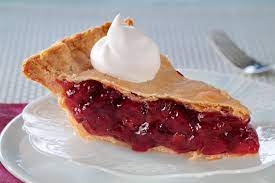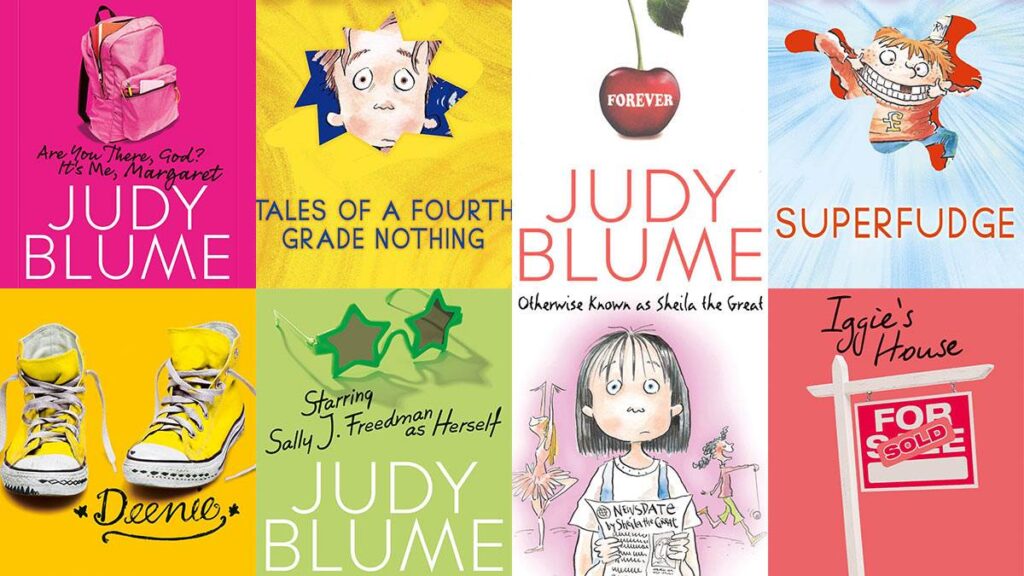That my children are my greatest joy will come as no surprise to long-time readers. (Sorry, Patti. Passion and joy are different.) Indeed it has often been said that you think you know what love is when you meet your partner, but that you only truly come to understand the meaning of the word love when you are introduced to your children. You also quickly come to a deep and fundamental understanding of the word tired when you have kids. How we can feel such overwhelming devotion to what is basically a screaming poop machine awake at all hours is a question for more insightful authors than I. Do I look like some kind of anthropologist? All I can reiterate is that my kids are the greatest joy in my life.
But it wasn’t always the case. Not that there was a time when I didn’t like my kids. But there was a time when I didn’t have kids. For all of my 20s and part of my 30s in fact. Indeed, I wasn’t sure I wanted to have kids. My thinking—based on my experiences as a middle school math teacher–was that some kids seemed pretty unpleasant. Not only did many kids display a seeming refusal to learn any trigonometry, but they were also frequently snarky to their parents. Not that their parents impressed me as particularly pleasant people either. The relationships I observed at parent-student conferences were lousy.
What has he done to me this time? a parent opined when I called to suggest that Russell wasn’t putting in much effort on his math homework. Don’t listen to him, he doesn’t know me at all a student sneered when her dad left the room for a minute. Dynamics between parent and child seemed miserable 40 years ago. What made me think I could do any better if I were to have kids? I certainly didn’t want my kid to think that I worked so hard that my insights into where he should go to college had no meaning. Nor did I want to dread a phone call from my child’s eighth grade math teacher. What if I had kids and they didn’t like me? What if I had kids and I didn’t like them?
About this point in my life, I had dinner at the home of some clients. I had been providing math lessons for their girls, 11 and 13. After yet another unsuccessful attempt to convey the glories of the quadratic formulae to the older child or to convince the younger one that seven times eight was 56 as opposed to some other random two-digit number—63? 54? 78? Does it seem entirely fair to you that seven times eight should be restricted to always being 56?—we sat down to a pleasant meal. I was concerned that the parents would fire me because I seemed to be failing spectacularly at my job of teaching their kids any math. The parents seemed concerned that I only ate enough for three people rather than four. You’re sure you won’t have some more chicken? mom repeated with genuine concern. How about another piece of pie?
For reasons I don’t pretend to remember 40 years down the road, mom gave me a tour of their home. I can still see the bedroom of the younger girl all these miles and all these math lessons later. The walls were a deep blue. There were glow-in-the-dark stars and moons on the ceiling. Styrofoam “planets” hung from strings. Of course the shelves were filled with stuffed animals and Judy Blume books. The room conveyed “safety” and “affection” more articulately than any treatise. The decorations could not have cost more than twenty dollars. Yet the solar system theme impressed me as deeply beautiful.
I won’t pretend that the relationship between mother and daughter was perfect then or is flawless now. I don’t have that depth of knowledge. I do know that the mom is now a grandmother and that the 13-year-old is now almost 50 and has an adolescent daughter or her own. My best guess is that the 50-year-old still doesn’t know the quadratic formula, that her parents still don’t care, and that they are still the kind of people who make dinner for a young, hungry, and ineffective traveling math tutor.
There were no heavy discussions at the dinner table, no talk of community service or reproductive biology. Mom and dad didn’t say, it’s important to share a meal with a young man who makes his living driving all over Miami doing a poor job of teaching math. They lived it so they didn’t have to say it. But there was something about that dinner and that home that convinced me to go ahead and have kids. And my kids, as I frequently point out in these columns, are indeed my greatest joy.
So that’s it for this week. I guess the take-aways are, your kids will likely grow up just fine even if they never learn the quadratic formula. And give your kids some input on how they want to decorate their rooms, even if they want to stick those annoying glow-in-the-dark stars and moons on the ceiling. Oh, yeah, one more thing: Don’t you want to have the kind of relationship with your children that inspires other people to have kids of their own?







One thought on “Seven Times Eight”
Thanks, David! Reminds me of a favorite quote:
“He made us a family, and made me realize that I had a commitment to my children’s father that I had never quite had to my husband.” From Anna Quindlen’s Life in the 30’s, NYT 12/1/88